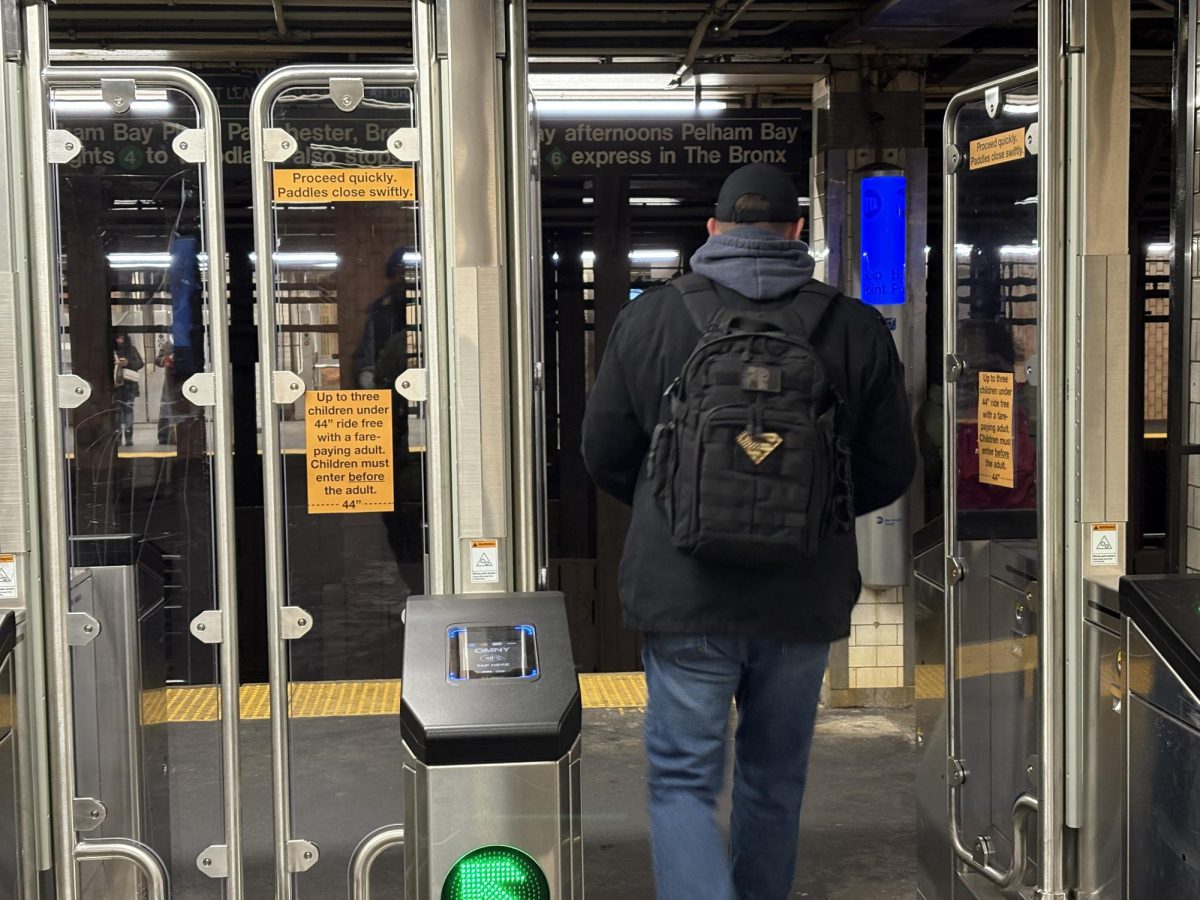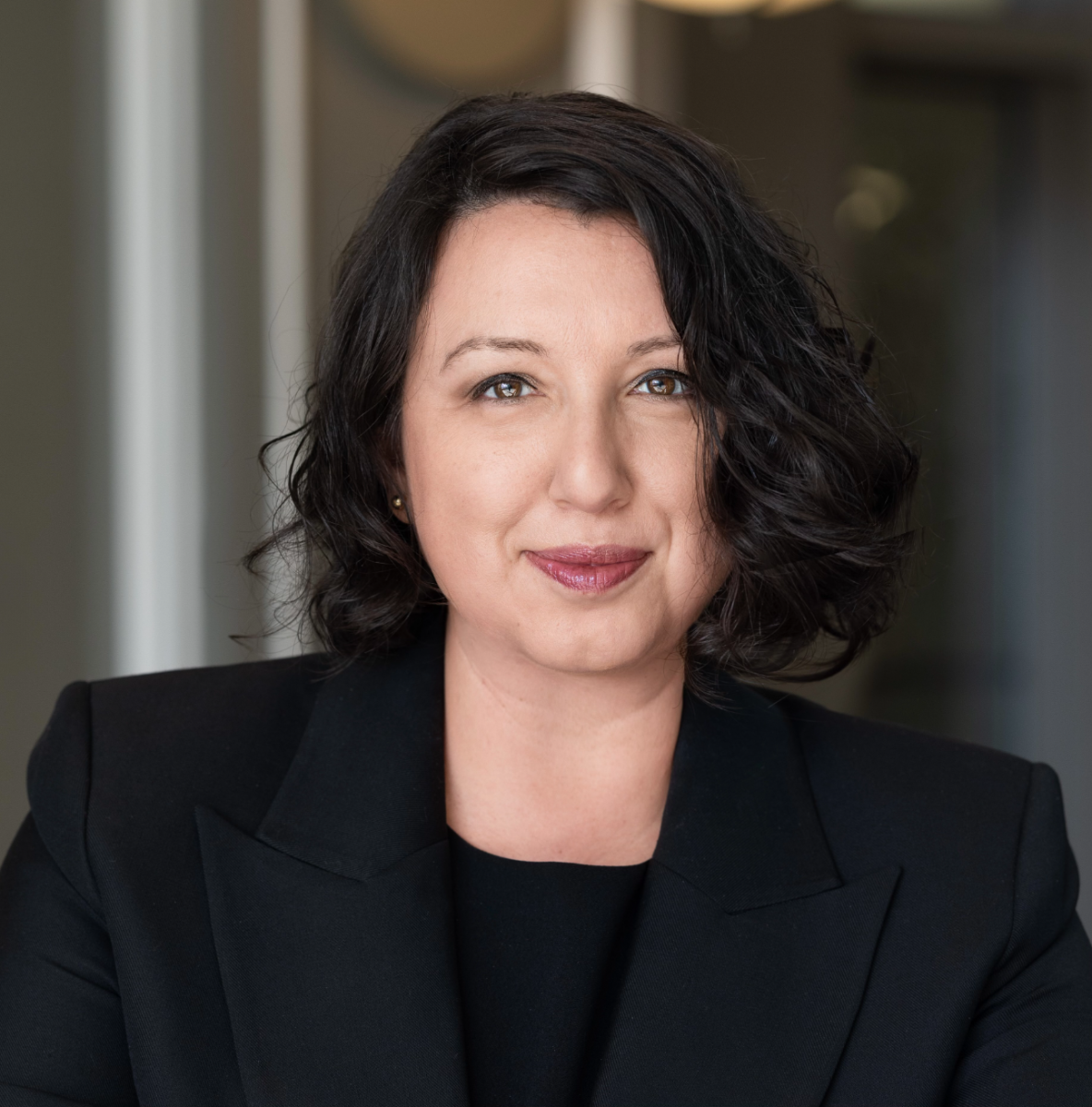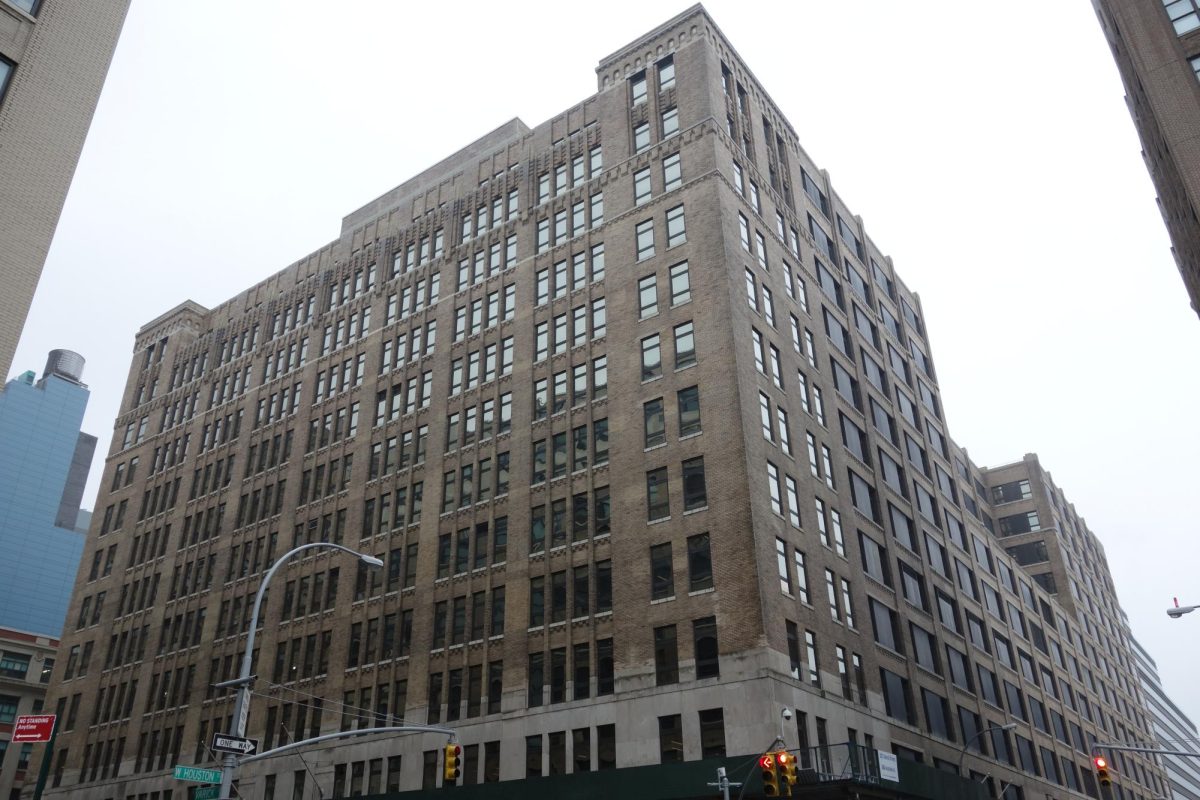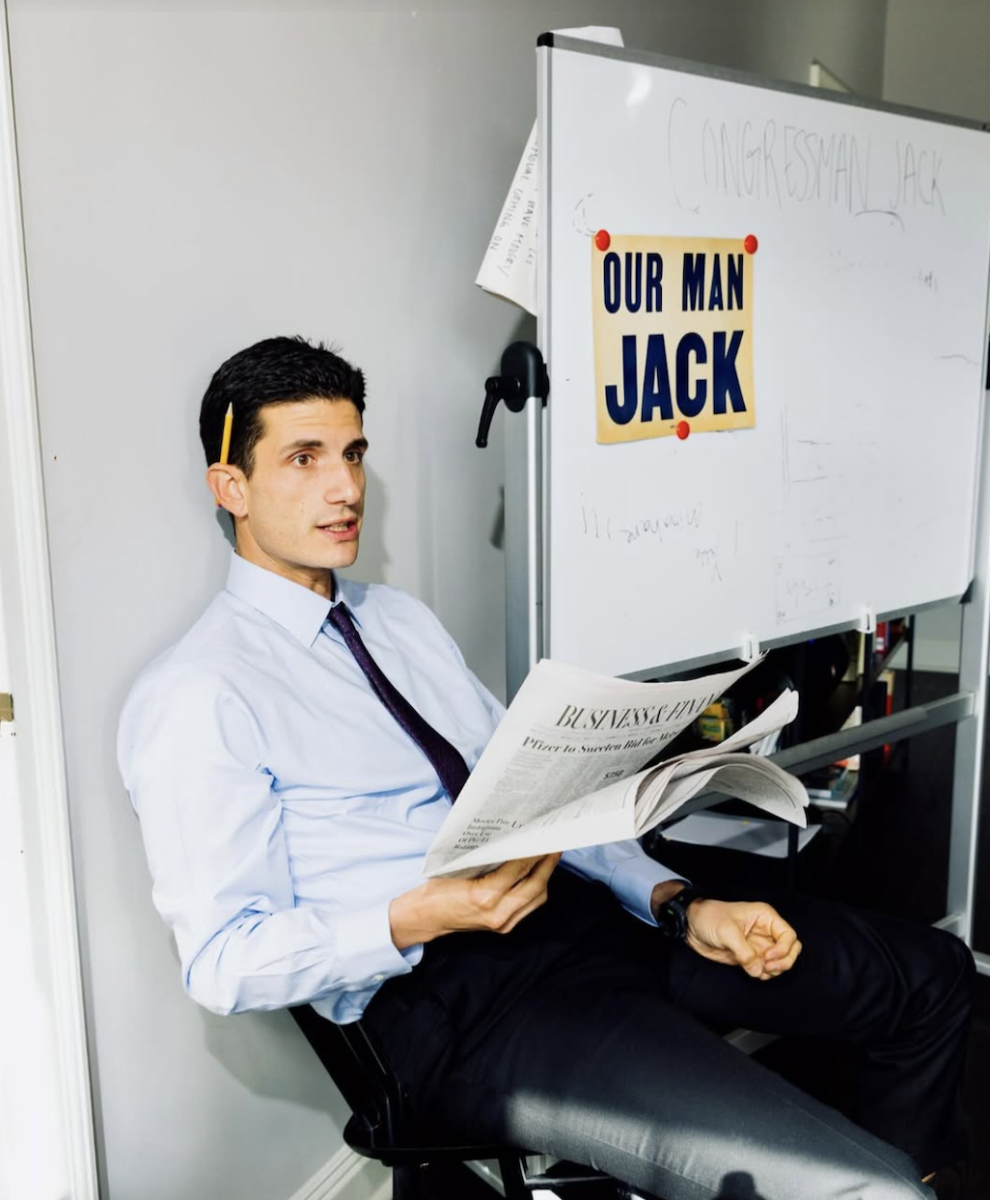Baruch College’s Black Student Union held a panel discussion with three recently graduated students to help black students navigate their lives after college and to commemorate Black History Month.
“We felt like seniors needed someone to talk to, and who better than someone who just graduated,” said Bintou Samura, the vice president of BSU who is double majoring in biochemistry and psychology.
The discussion, titled “Real Talk: The Student Process,” focused on helping students in the Weissman School of Arts and Sciences because Baruch’s community is heavily invested in advising those in accounting, finance or the Zicklin School of Business, according to BSU President Jaleel Thomas, a senior majoring in economics.
“I’m in the process of changing majors. Seeing what they had to offer to everyone and what they had to say was enlightening,” Faye Clamemont, a first-year majoring in accounting, said.
The panelists were Aminata Sillah, a City College of New York alumna who works as a teacher; Justin Osuji, a Wagner College alumnus who is currently a pre-med student and Daniel Anikwue, a Baruch alumnus who majored in economics and is currently working at a startup company, all of whom graduated in May 2019.
“Coming together and seeing the different perspectives of different black people and knowing that there is diversity within the black community and it was something that was really beautiful to see,” said Morenike Fashina, a first-year BSU representative, intending on majoring in political science.
After hearing the success stories of the panelists who deviated from their initial undergraduate plans or didn’t know what they wanted to do, Samura said she felt enlightened since she no longer wants to pursue medical school.
Mental health and self-care were also major topics at the discussion that resonated with Thomas, who said spending two years giving back to the Baruch community as a student leader took a toll on him when he didn’t set aside enough time for himself.
“Even if you struggle, there is something after school for everyone and there is a world after school,” Clamemont said.
“Taking care of your mental health is key.”
Sillah shared that after receiving her bachelor’s degree, she went straight to graduate school and into teaching when she knew she should’ve taken time off for herself mentally.
“That really helped me because the obstacles they had to learn from helps me not have to experience the same suffering,” Fashina said, when asked about the self-care discussion.
“It makes me feel like I have people and I have a support system outside of school as well because for them to have to come here to tell us this — I really appreciated that.”
BSU’s mission for this year’s Black History Month was to provide clarity in the students’ career-seeking path and continuity in the learning process by allowing everyone to share their journeys and struggles with one another, according to the president.
“When we think about America and who represents it, oftentimes we don’t think about the black person. I want folks to know that we’re part of the American system just as much as everyone else in this nation and we just want to be inviting to folks,” Thomas said.
BSU frequently partners with other cultural clubs like the West Indian Culture Club, the National Association for Black Accountants, the Caribbean Students Association and the Gambian Student Association.
“We don’t have events on the same day as each other just so other clubs can attend each other’s events,” Fashina said.
“Everybody goes to each other’s events. The community isn’t big enough for us to separate.”
Fashina added, “If you’re looking for a sense of community, you’ll find it at BSU and most of
the black clubs — We all work together as a unit. Everybody is accepted here.”







